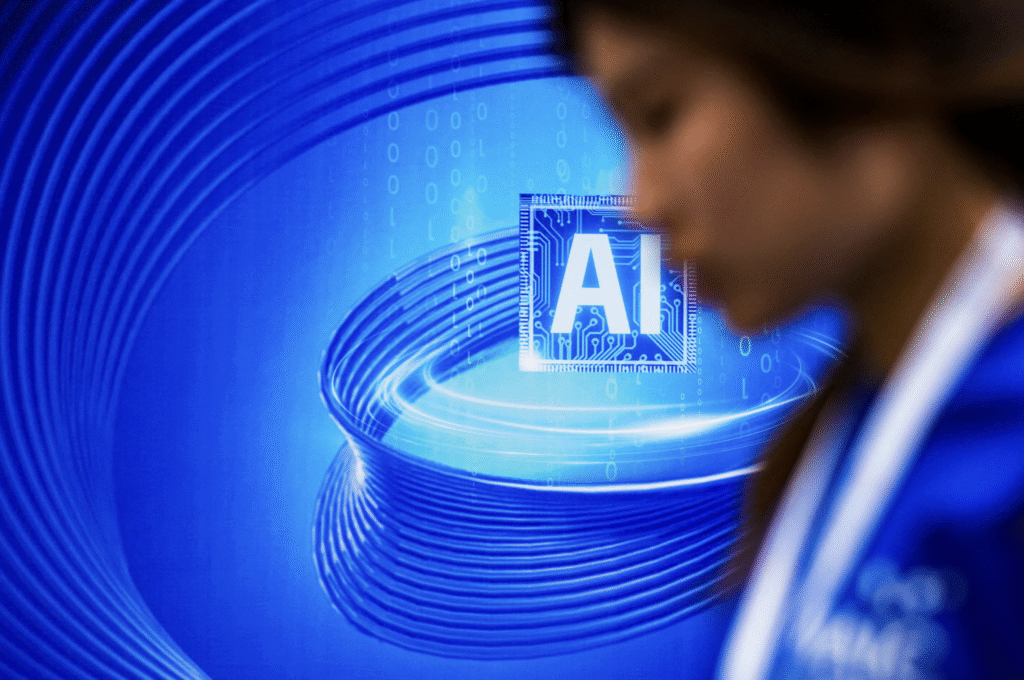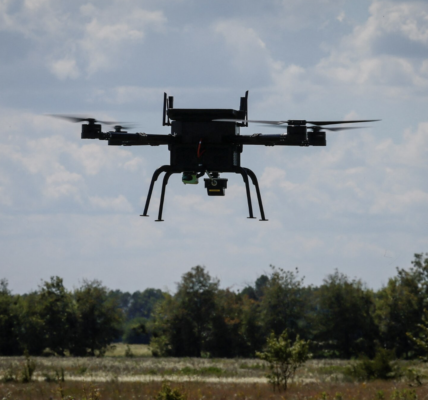
By Sean Rayment
China is attempting to become the global leader in artificial intelligence by building hundreds of highly specialised data centres, experts have warned.
A new report titled China’s AI Infrastructure Surge, by the Special Competitive Studies Project and the intelligence firm Strider Technologies, has revealed a Chinese state-led plan to create more than 250 AI data centres across the country.
The data centres will be equipped with high-performance processors with immense power capacity, capable of handling the heavy computing loads required to support economic, military and space projects.
“The People’s Republic of China is executing a state-directed campaign to dominate global artificial intelligence,” the report states, pointing to AI as a linchpin for China’s broader ambitions in tech leadership and military modernisation.
The Special Competitive Studies Project is a non-profit group that supports US long-term strategy in emerging technologies. Strider Technologies specialises in turning open-source information into security insights using AI.
“This report should serve as a strategic warning to the United States and its allies,” said Greg Levesque, CEO and co-founder of Strider. “The CCP is executing a national campaign to achieve AI superiority as a cornerstone of its geopolitical strategy, one that fuses economic power, military modernisation and global influence. China’s AI infrastructure is not just a domestic capability, it’s a platform for reshaping global power dynamics and setting the standards for the future of artificial intelligence. Strider’s research with SCSP highlights how the PRC is leveraging state resources and international engagements to build a generational advantage in AI.”
Beijing is also exploring the use of satellites equipped to function like data centres, capable of storing, processing and analysing information in space. The aim is to move data processing closer to the point of collection, allowing satellites to make decisions autonomously and respond faster without having to send data back to Earth first.
Former Google CEO Eric Schmidt, now chief executive of space start-up Relativity Space, has said he plans to deploy computing infrastructure in space as part of his vision for the future of AI.
On 14 May, the Chinese start-up ADA Space and Zhejiang Lab launched the first 12 satellites of a planned supercomputing network of 2,800. The satellites are interconnected by high-speed laser links and aim to demonstrate the feasibility of shifting AI processing into orbit.
Washington has responded to China’s rapid AI development with export controls aimed at cutting off access to advanced semiconductors. In particular, the US has restricted sales of Nvidia’s most powerful AI chips to China, citing concerns about their potential military applications. Both the Biden and Trump administrations have taken steps to prevent China from acquiring not only high-end chips, but also the tools and know-how to manufacture them.
“It is becoming increasingly clear that the traditional economic toolkit that we have in the US government is not fit to the current reality of how businesses operate, how technology is diffused and how people move, or how ideas are shared,” said Greg Levesque, CEO and co-founder of Strider Technologies.
He said that while there are clear attempts to curb China’s technological rise, those efforts are also motivating China — and other nations — to get more innovative.
“We need to have better and more dynamic intelligence monitoring of trade flows and where this technology is going,” he said.
“We probably need to get away from slapping entities on lists and just simply making announcements that companies can’t do this anymore, because the ability to obfuscate ownership and create shell companies to still get at the underlying core technology is pervasive.”
Levesque said his firm has observed “a massive uptick in Chinese government recruitment of AI scientists in the United States” as part of Beijing’s broader AI strategy, while arguing that “the US government has no real clear mission or strategy around mitigating that.”
The Trump administration has announced restrictions on visas for Chinese students seeking to study at US universities, though Levesque suggested this reflects outdated thinking.
“That’s a model and approach that is reflective of the current toolkit, and we need to get creative and imagine other ways to approach this,” he said, noting that this new report highlights the scale of the challenge facing US policymakers as they seek to maintain America’s technological edge in an era of intensifying great power competition.











































































































































































































































































































